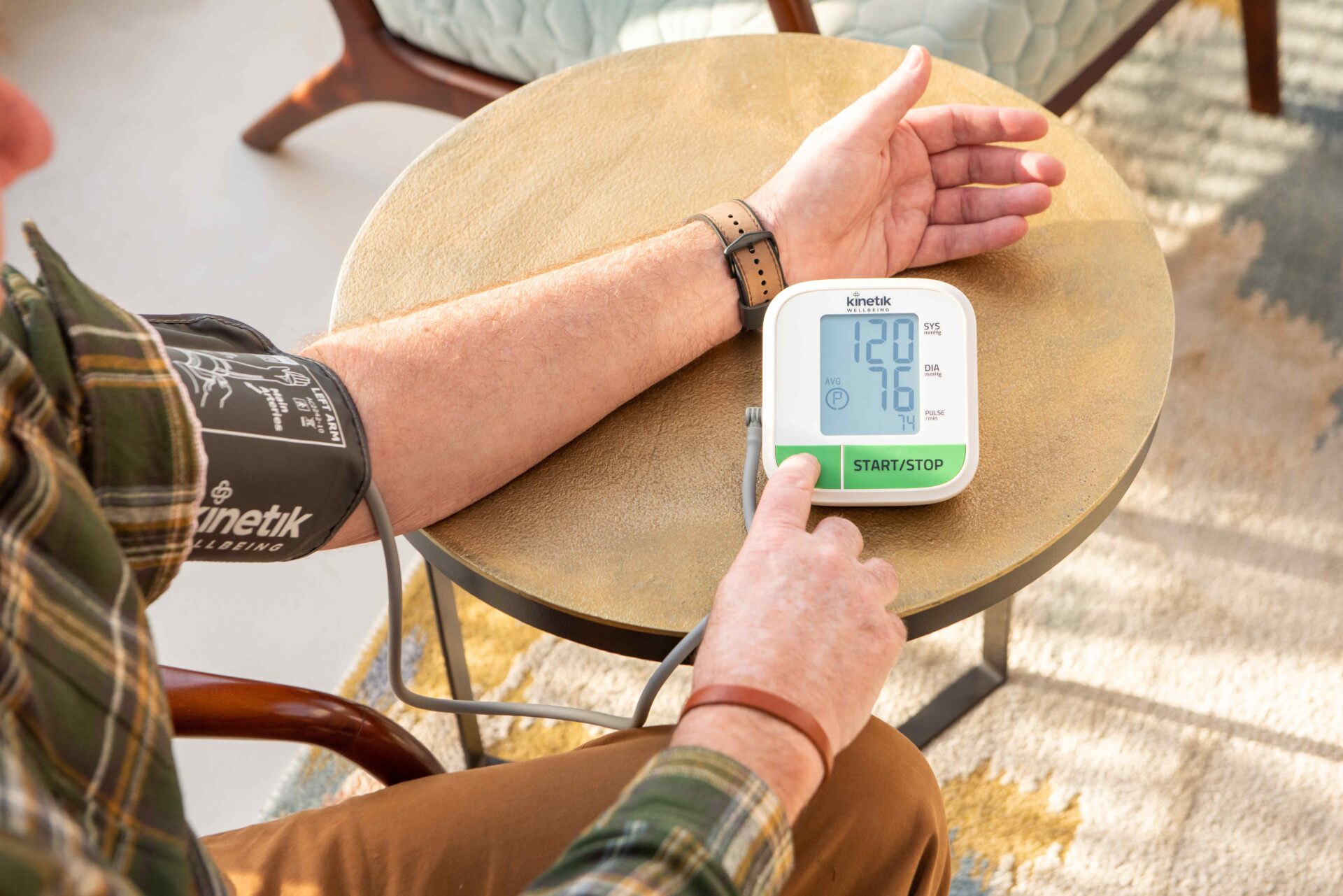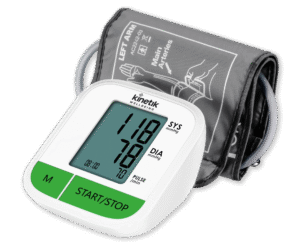Professor Christopher Farmer, Principal Investigator

Randomised controlled effectiveness trial (RCT) of isometric exercise (IE) in adults with stage 1 and 2 hypertension

High blood pressure (BP) affects more than one in four adults in England and only one in three patients are being treated effectively. The cost of not being treated effectively is approximately £2.1 billion per year, mainly due to care related to strokes and heart attacks. Treatment of high BP includes changes to lifestyle such as more physical activity and/or taking medication. Unfortunately, more than 50% of hypertensives fail to reduce their BP to healthier levels as they do not fully adopt treatment. Evidence suggests that IE can lower BP a greater amount with less time and effort than other recommended types of exercise. Studies have shown that eight-minutes of personalised IE, performed three times a week for four-weeks can reduce resting BP significantly in unmedicated people.
This study follows preliminary research by the same team which considered if wall-squat IE (squatting with your back against the wall) could be delivered in the NHS. Results found that participants easily achieved and enjoyed the exercise at home. Healthcare professionals also thought it was an achievable intervention. The IE has since been developed for patients to exercise at home without any involvement from a healthcare professional (self-delivered). A larger study is now needed to confirm if IE results in consistent reduction in people’s BP.
Design and methods used
We aim to recruit 542 adults to this study. Recruits will be 18 years or older with a high BP diagnosis but without any complex health conditions. We will use a broad approach to ask people to take part, including those from under- served groups. This will include advertising on social media, through community settings, GP surgeries, hospitals and pharmacies. We will give all participants a BP monitor and healthy lifestyle advice and ask them to record their BP at four-weeks, three-months and six-months. Half the participants will be randomly enrolled onto an IE training programme for six-months. This involves completing three IE wall-squat sessions per week, taking less than fifteen minutes each time.
Patient and public involvement
We designed this study with patient/public contributors and have continued support from three public co-applicants who are part of the study team.
Funding
National Institute for Health and Care Research (NIHR) Research for Patient Benefit – £499,937
Start date: 1 October 2024
End Date: 31 March 2027
Further information: at www.isofitter.org.uk
Who is involved
- Dr Melanie Rees-Roberts, CHSS, Co-Investigator
- Tracy Pellatt-Higgins, CHSS, Co-Investigator
- Dr Katerina Gousia, PSSRU, Co-Investigator
- Ellie Santer, CHSS
- Rachel Borthwick, CHSS
- Dr Jim Wiles, CCCU, External Co-Principal Investigator, Canterbury Christ Church University (CCCU)
- Professor Douglas MacInnes, Co-Investigator, CCCU
- Dr Pauline Swift, Co-Investigator, Epsom and St Helier University Hospitals NHS Foundation Trust
- Dr Tim Doulton, Co-Investigator, East Kent Hospitals University NHS Foundation Trust
- Dr Anusree Biswas Sasidharan, Bridging Change, Public Co-applicant
- Mr Alan West, Public Co-applicant
- Mr John Darby, Public Co-applicant